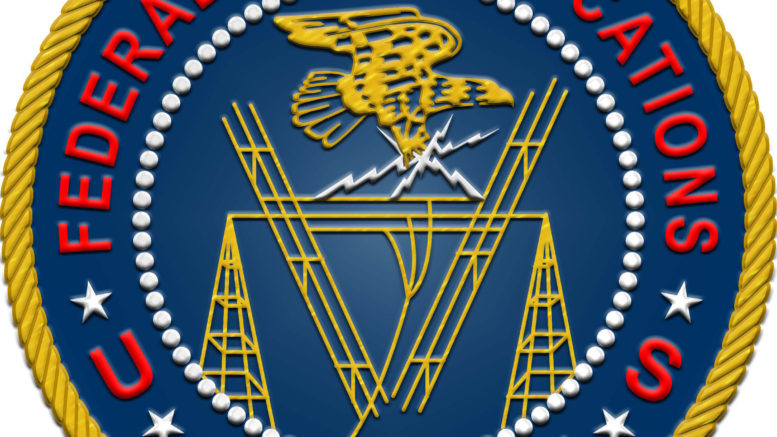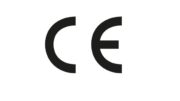Last week, the FCC voted to move forward with a “Notice of Proposed Rulemaking” that would, if implemented, require pay-TV companies to let third parties build cable boxes and decoders for their network. In other words, you would no longer be required to get your DIRECTV equipment from DIRECTV, your DISH equipment from DISH, etc. You could potentially buy a cable box from anyone who makes one, and cable and satellite companies would be required to create a pathway for manufacturers to work with their equipment.
What happens now? Really nothing, at least not yet. Changing FCC rules is a torturously long process, and the notice as it stands is far too vague to be put into effect. (Read it here at the FCC’s site.) There’s no real understanding of how pay-TV companies could be sure content stayed secure and unhackable, there’s not even a statement that says you could buy a generic cable box and have it work with more than one provider. All you get is a bunch of statements that say that the previous system didn’t work and that there needs to be a system that works with today’s devices and isn’t strangled by cable companies the way the previous system was.
That previous system, called CableCARD, failed in the marketplace because cable companies were allowed to charge CableCARD lease fees that were actually higher than cable box rental fees. That meant that practically no one cared about the technology, so manufacturers didn’t build CableCARD devices.
In theory, new standards would let decryption take place in software and authentication take place over the internet, so there would be no need for expensive hardware. Cable decoding technology could be built into every streaming device and smart TV.
One important change between the previous rules and the current ones is that it’s very likely that new rules would probably apply to satellite TV providers as well as terrestrial cable companies. Satellite companies were able to successfully argue that the specific nature of satellite transmission required encryption systems that could not be made public. The FCC hasn’t granted any exemption to satellite companies in this go around, perhaps thinking that encryption technology could be built into many devices without providing manufacturers with the “keys to the castle” that would let programming be stolen.
It is likely to be 18 months or longer before the FCC votes to adopt new rules, and at that point there will probably be a transition period to allow pay-TV companies to adapt. So we’re probably talking somewhere around 2020 before we see full implementation and that’s even assuming that the FCC’s rules pass through public comment and (what you have to presume will be inevitable) lawsuits from pay-TV companies.
You won’t be surprised to hear that pay-TV companies unilaterally oppose this move and that some of the most vocal complaints are coming from cable companies who charge upwards of $25 a month per cable box. AT&T and DISH are also on record as opposing the move.
And yet, I have to say, for all the hubbub, from a satellite TV point of view things probably won’t change as much as you’d think. Both DIRECTV and DISH have client systems (Genie and Hopper) that work with smart TVs. Representatives from both companies have said they would have no opposition to creating generic clients that could work on anything from AppleTV to Zenith. The server component itself probably wouldn’t change, and you could imagine that at least in AT&T’s case the server itself would no longer act as a receiver but would be built into the network equipment that’s common with fiber-based systems. DIRECTV’s access-card based receivers, already waning in popularity, would probably be discontinued.
I personally would have no problem with client software that acted as sort of a hybrid between the DIRECTV app for tablets and a receiver. A copy of your playlist (not the recordings, just the list) could be stored in the cloud and if that program is available for streaming, you could stream it from any TV that’s hooked up to the internet. If the TV is in the same place as your server, you also get live TV and the ability to interact with the server.
When you look at it that way, it doesn’t sound that bad. Of course, there are a lot of details to iron out and that’s where this plan could succeed or fail. And you know, this is the government, and let’s be honest about how much we all trust them.
So let’s hope for the best, and know that our pay-TV companies’ lawyers are planning for the worst.





